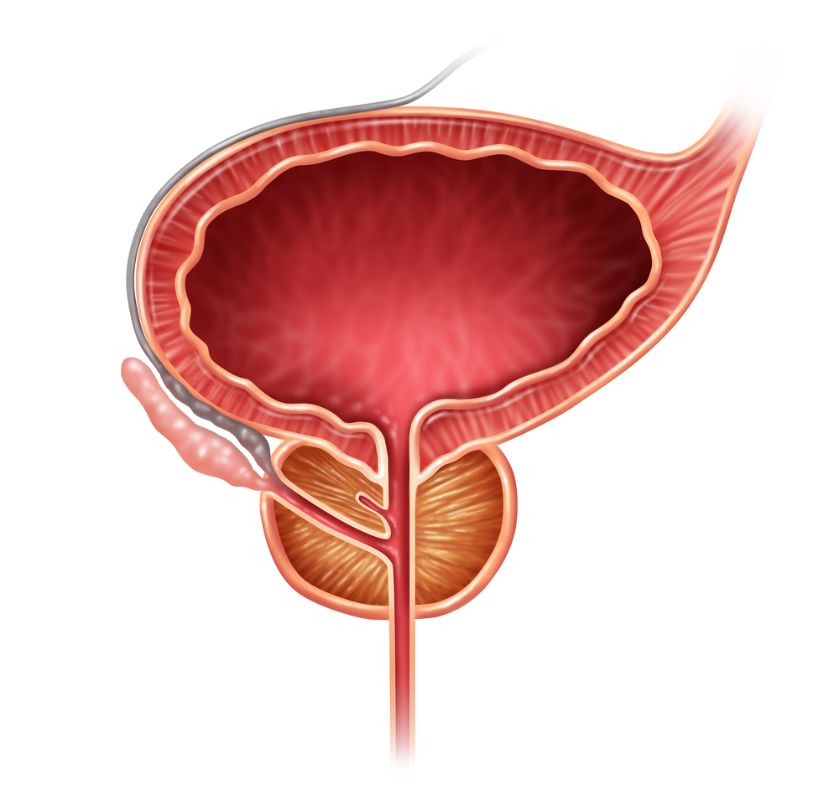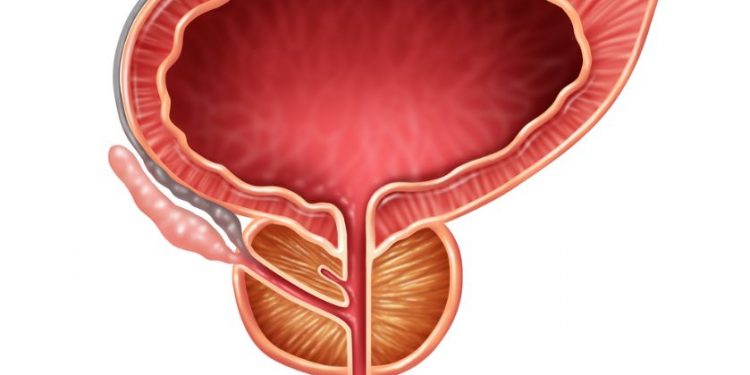Prostate problems can affect men of all ages, but they are more common in men over 50. Symptoms can range from mild to severe and may include painful urination or ejaculation. Some of these problems are caused by a medical condition called benign prostatic hyperplasia (BPH) or a more serious problem called prostate cancer.
The prostate is a gland that surrounds the urethra in the neck of the bladder. The urethra is the tube that carries urine out of the body, and in men, it also carries semen out during sex. The prostate gland makes fluids that help produce sperm, and it produces a substance called prostate-specific antigen (PSA), which is released when sperm exit the penis during sexual activity.
Infection, inflammation or other problems can cause symptoms of prostate problems. The most common problem is prostatitis, which is when the prostate becomes swollen and inflamed. Prostatitis is sometimes caused by a bacterial infection, but it can be hard to tell if an infection is the cause of your symptoms. It’s also not clear what causes some forms of prostatitis, such as asymptomatic inflammatory prostatitis and chronic bacterial prostatitis.

Some of the signs and symptoms of prostate problems are pain in the genital area, difficulty or burning sensation when you urinate, and blood in your urine or semen. If you have any of these symptoms, talk to your healthcare provider right away. The provider will ask about your past health and symptoms, and do a physical exam. This will include a digital rectal exam, where your healthcare provider uses a gloved finger to feel the size of your prostate and the urethra. The provider will also do a urine test to look for infection and to see how much urine you’re producing.
Your doctor will recommend treatments depending on the type of prostate problem you have. If you have enlarged prostate (BPH), for example, your doctor will probably suggest lifestyle changes and medicines to ease your symptoms. Changing your diet can help, too. Avoiding high-fat foods, eating lots of vegetables and getting more exercise can help reduce your risk for BPH. You might also try taking medicine to relax the muscles in your bladder and urethra and help you go to the bathroom easily.
If you have a mild case of BPH, your healthcare provider will probably give you a drug called alpha-blockers to help relax your prostate and urethra muscles, but this might not make your symptoms better. If your symptoms don’t get better, your doctor might suggest surgery to remove the inner part of your prostate.









